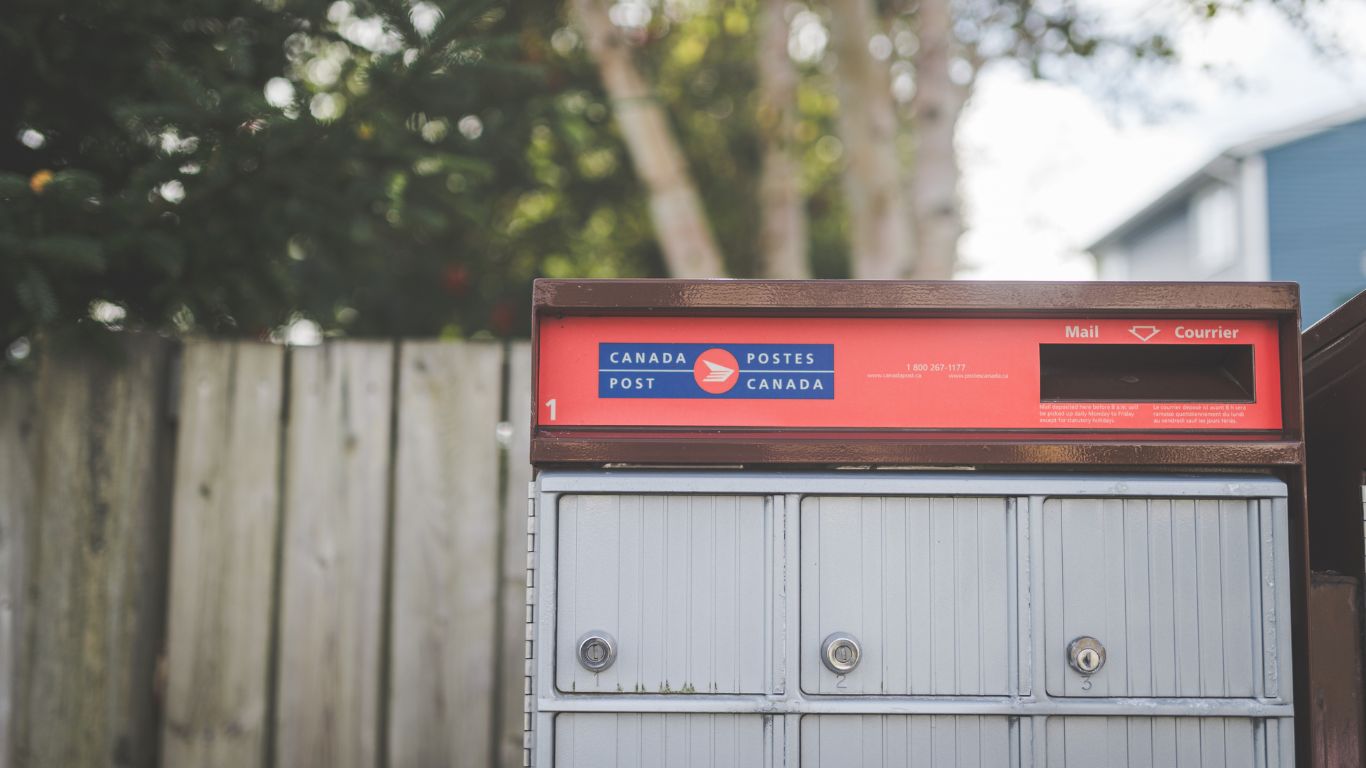
As the Canada Post strike nears its 4-week mark, it has created a ripple effect across the country, disrupting the delivery of countless essential goods and services at the busiest time of year.
For many Canadians, the strike has been an inconvenience; for others, particularly those who rely on medical cannabis, it has become a critical issue.
Medical cannabis patients, many of whom depend on reliable and timely delivery for symptom management, are now facing significant delays and uncertainties. Canada Post remains the primary shipping method for the majority of licensed cannabis producers, and the strike has exposed vulnerabilities in the supply chain, leaving patients scrambling for alternatives.
“This strike has added another layer of complexity to an already difficult medical cannabis access process”
Dr. Karolina Urban, Avicanna
This disruption has not only delayed access to medication but has also raised questions about the resilience of Canada’s medical cannabis system. With limited options for same-day or in-person delivery in many regions, patients have found themselves stuck in a system unprepared for such logistical challenges.
“It’s another hurdle in an already complicated system,” said Ajay Chahal, Pharmacist and Co-Founder of Apothecare, a company that consults with both patients and doctors on cannabis access and use. “Medical patients who are enrolled with an LP and a doctor who prescribes [are experiencing] delays in getting access to their cannabis.”
Chahal added that various LPs are switching to Purolator and other delivery services, but because of the Canada Post strike, there have been significant delays even with those companies as they are overrun.
A further wrinkle are customers who don’t have a traditional address to deliver to. This has been an issue with providers including Avicanna, a biopharma company based in Toronto.
“This strike has added another layer of complexity to an already difficult medical cannabis access process,” said Dr. Karolina Urban, Avicanna’s executive VP of Medical Affairs. “One of the biggest issues is patients who are in areas where delivery is only available to PO boxes, currently serviced by Canada Post.”
“I see medical patients just leaving altogether, especially if they are more elderly. They need access, and if they are not getting it, if it’s getting delayed, or not coming at all, they will need to get it somewhere. Once they see how it’s easily accessible they might not come back.”
Ajay Chahal, Apothecare
Confusion and the illicit market
One of the challenges that comes along with Canadians not being able to access their cannabis prescriptions is that they are forced to seek out alternatives by using recreational stores. “If the products are not the same, there might be some difficulty in making sure they transition to an equivalent product,” said Chahal.
He added that a further issue lies within the ongoing illicit market retailers. Some patients have trouble determining the difference between legal and illegal stores, both in-person and online, and some access illicit market cannabis unknowingly.
“Black market stores are rampant. A lot of my patients had no idea they were going into a black market store or ordering online from a black market store. We [then] help navigate them to a legal store.”
Confusion over where to get products during this time aside, the strike is also not helping the growth of the medical cannabis sector in Canada at a time when that part of the industry could use some expansion. Active client registrations for medical cannabis with a federal license holder have gone from 345,520 in 2018 to 180,878 in 2024.
“I see medical patients just leaving altogether, especially if they are more elderly. If they’re dealing with pain and a lot of significant conditions, they can’t just stop. They need access, and if they are not getting it, if it’s getting delayed, or not coming at all, they will need to get it somewhere. Once they see how it’s easily accessible they might not come back.”
As for the effect this will have on the cannabis sector and its reliance on Canada Post, Urban believes the landscape will change out of pure necessity for patients to receive their medicine. This however, will come at a cost.
“We believe many companies will move away from primarily relying on Canada Post,” she said. “Unfortunately, the reality is that the cost of shipping with alternative carriers is still higher and this will ultimately impact patients.”
An ounce of prevention
Nothing can stop the current situation regarding the Canada Post strike this time around. But is there a way the government and the industry can put something in place to ensure the medical cannabis sector is not affected if and when this happens again? Chahal believes there is.
“I would like to see the government integrating medical and retail. That would be a fantastic way to solve access issues,” he said. “What that could mean is patients being able to access medical prescriptions at retail stores. There would have to be additional checks and balances [like the] integration of healthcare professionals in the retail stream, but the infrastructure is there.”

